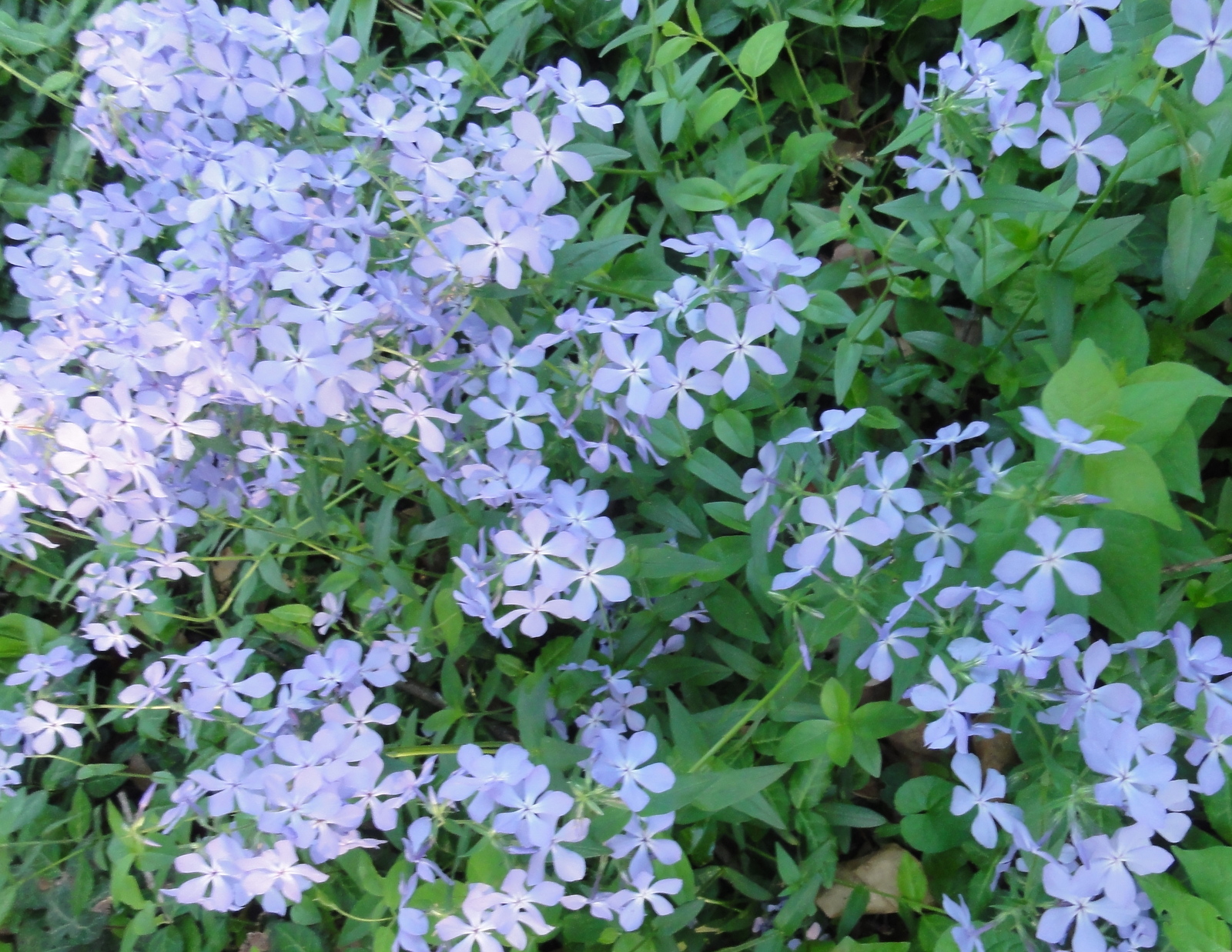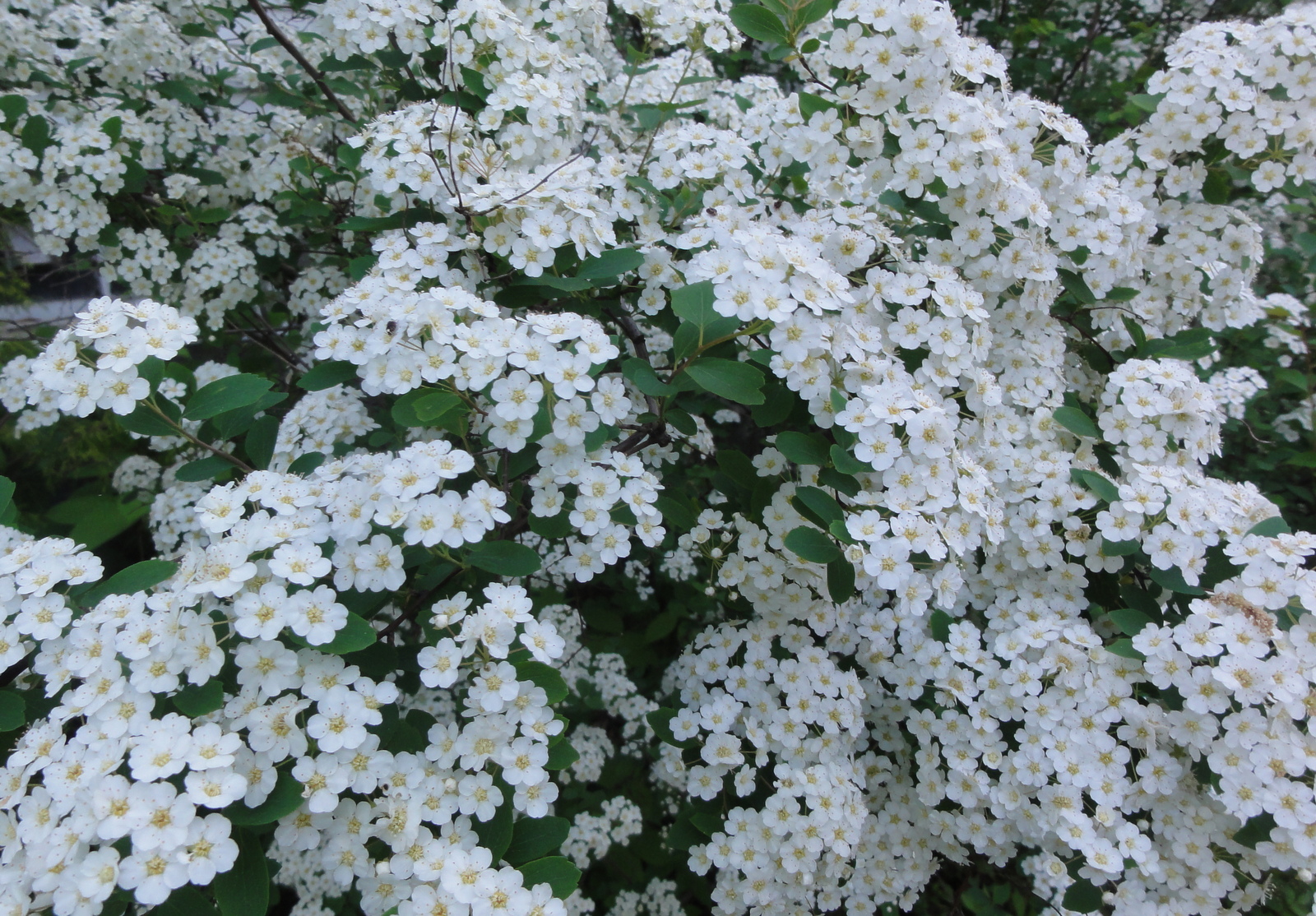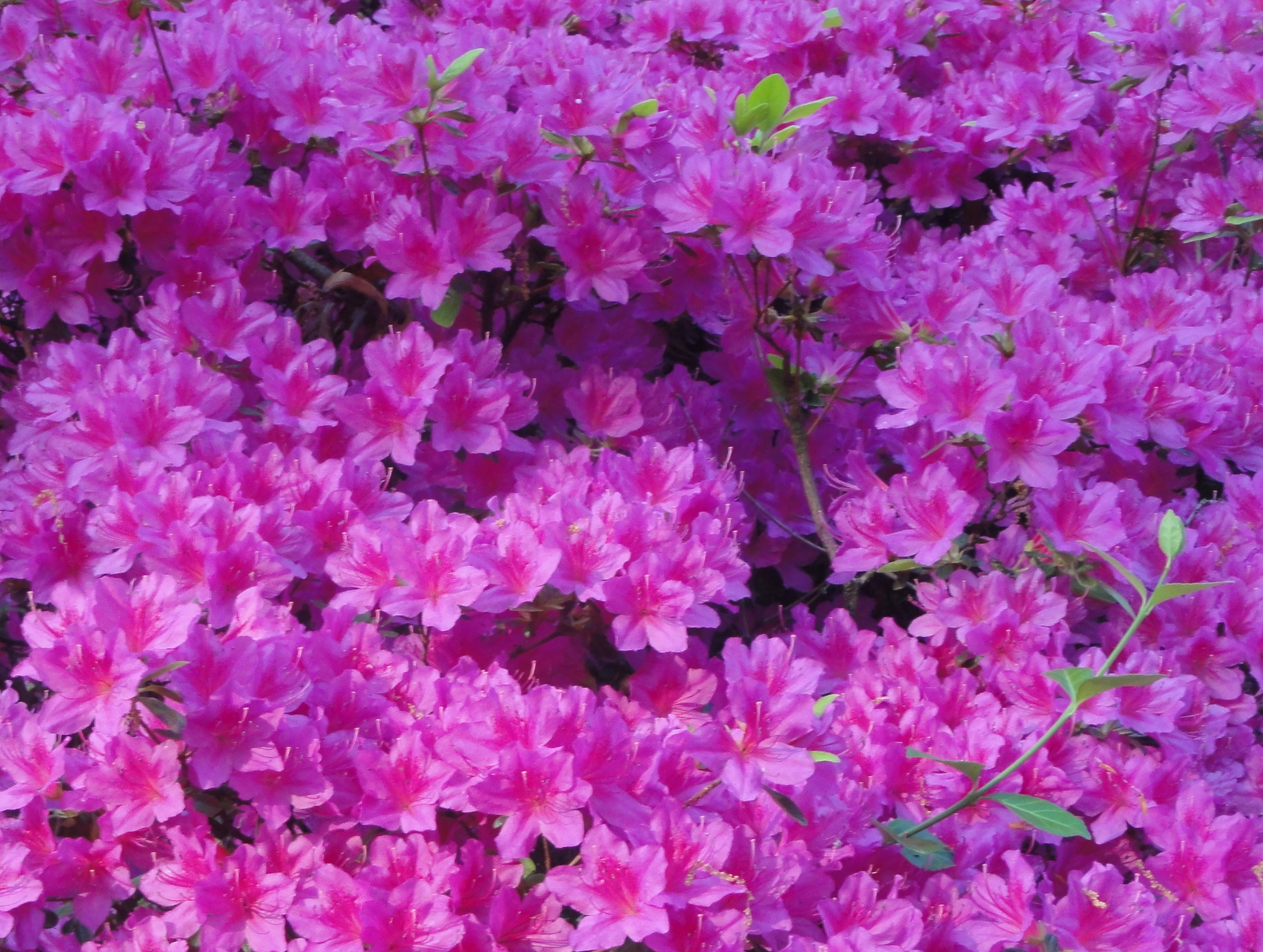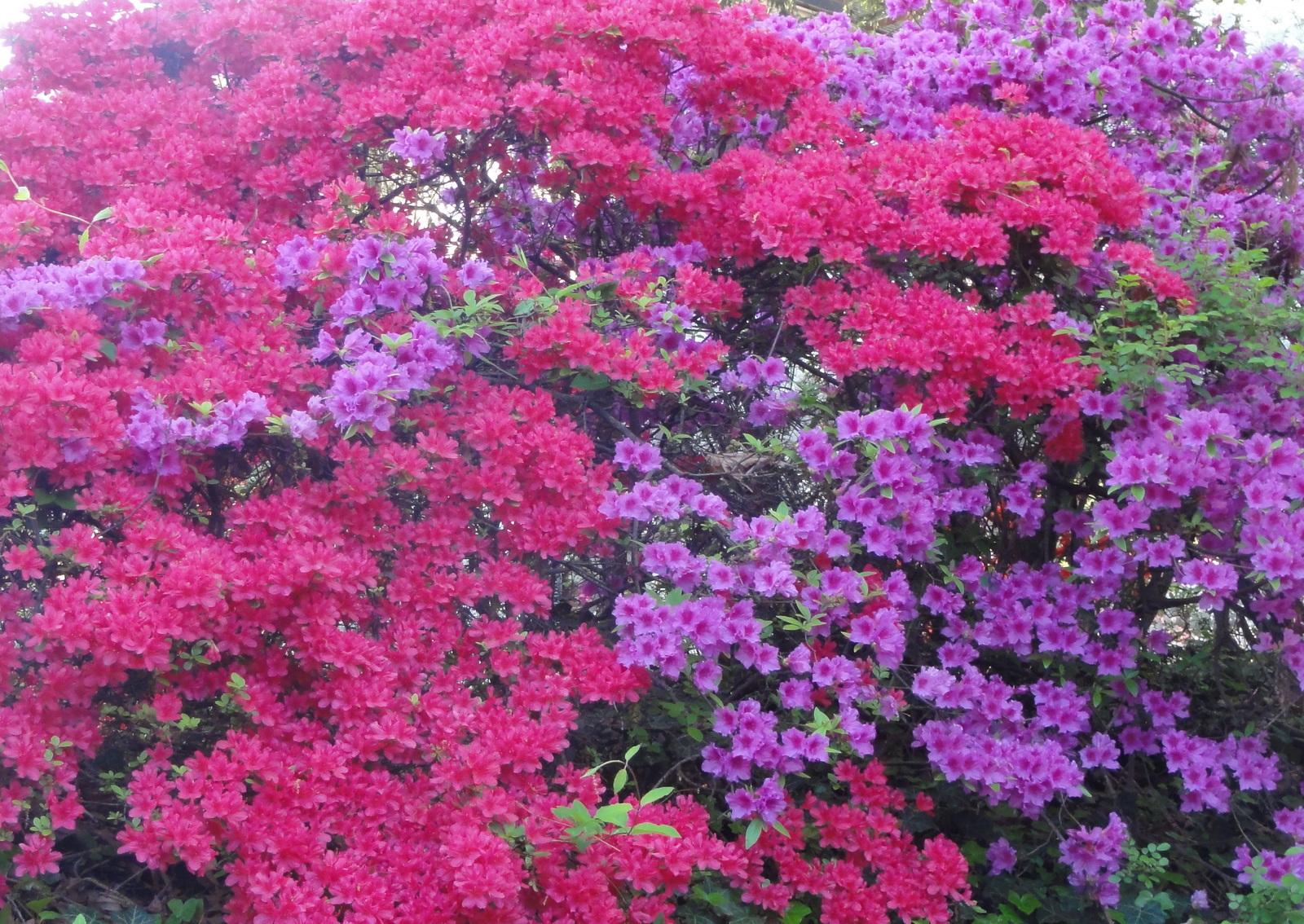Good morning!
We have now abundant flowers around us, inside and out. The Buddha found the
truth that all living beings are karma-heirs, -owners, -machines, and -refuged and
the way to go beyond karmas for the first time in the history of life twenty five
centuries ago. This is to sit, still karmas, see the truth, and save all beings from
samsara suffering through the Six Paths.
Most of living beings, however, remain in their karmas, not having the opportunity
to encounter the Awakened Way and not having sufficient striving to realize it. Dogen
said, “Even though this Dharma is abundantly endowed to everyone, there is no
development without cultivation and there is no attainment without witnessing.”
We are in sesshin, touching the heart (接心) or embracing it (摂心), today.
When we sit wholeheartedly, we can touch and embrace it. Thus, we can attain the
wholly wholesome way, our head/heart/hara in friendly, free, and full function and
the wholly wholesome world in harmony, health, and happiness.
We have been reading the Dhammapada in our Dharma Study class and came across
the following verse recently – nectar (rasa) is also essence, thus can be ambrosia
(amrita, immortality), enjoyed without damaging the world:
Just as a bee leaves the flower, not hurting the color or fragrance,
Having taken the nectar, so should a thoughtful one walk in a village.
The Dhammapada, 49
4/26/15
Note
1. We as karma machines transmigrate through the Six Paths of hell beings, hungry
ghosts, beastly beings, fighting devils, human beings, and celestial beings with
suffering (duk-kha, wrong-going, dis-satisfaction).
2. Rasa means juice and taste in general (object of tongue) and also essential taste in
arts (music, dance, literature, etc.).
3. Muni (translated as a thoughtful one above) derives from the root of man
(minding, thinking, mindful, thoughtful) as in Shakya-muni (The Thoughtful One
from Shakya clan), though usually construed as a silent one relating to the word
(Pali) mona/(Sanskrit) mauna (silence).
4. A thoughtful one (as a mendicant in the above verse) goes through a village
(receiving alms) disturbing nothing never staying more than one night in the nearby
forest and goes through the world (giving Dharma) destroying nothing as a traveler
(in the Awakened Way or Purity Path, cf. two kinds of gift: goods and Dharma).






